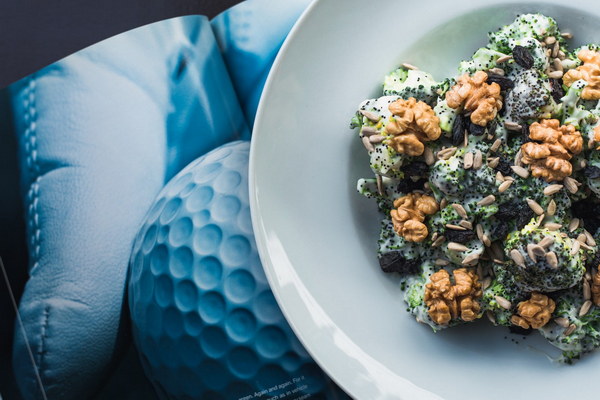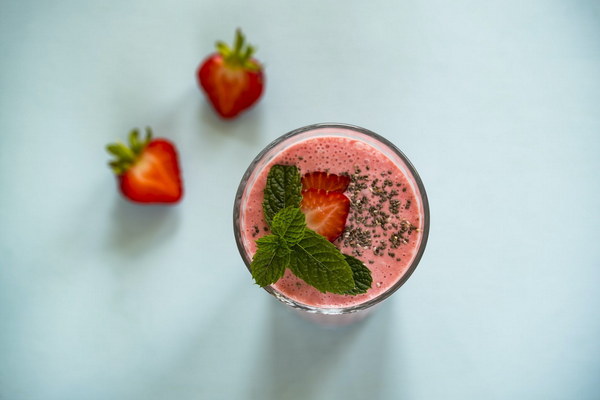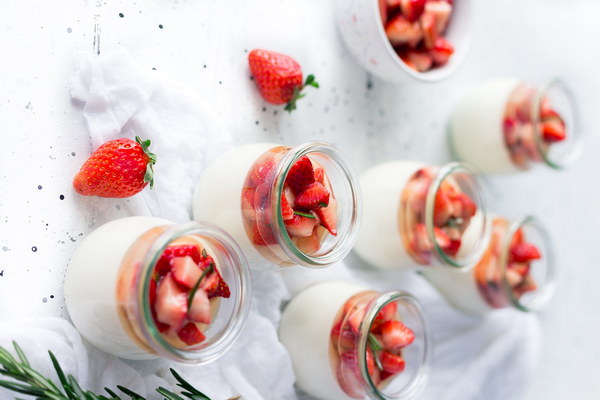Unveiling the Truth Does Vitamin E Really Possess Anti-Aging Powers
Introduction:
Vitamin E, also known as tocopherol, has long been hailed as a powerful antioxidant that can help combat the signs of aging. But does it really possess anti-aging properties? In this article, we will delve into the scientific evidence surrounding the effectiveness of vitamin E as an anti-aging ingredient.
1. Understanding Vitamin E:
Vitamin E is a fat-soluble vitamin that plays a crucial role in protecting cells from damage caused by free radicals. Free radicals are unstable molecules that can damage cells and contribute to aging and various diseases. Vitamin E is found in a variety of foods, including nuts, seeds, and leafy greens.
2. Antioxidant Properties:
One of the primary reasons vitamin E is often associated with anti-aging benefits is its antioxidant properties. Antioxidants work by neutralizing free radicals, thus preventing them from causing cellular damage. This antioxidant activity can potentially slow down the aging process and reduce the appearance of wrinkles.
3. Scientific Evidence:
Several studies have investigated the potential anti-aging effects of vitamin E. While some studies suggest that vitamin E can help protect the skin from UV radiation and reduce the appearance of wrinkles, others have found mixed results.

a. UV Radiation Protection:
A study published in the Journal of the American Academy of Dermatology found that topical vitamin E can protect the skin from UV radiation-induced damage. This suggests that vitamin E may have a protective effect against sun damage, which is a major contributor to skin aging.
b. Wrinkle Reduction:
Another study published in the British Journal of Dermatology reported that vitamin E cream can reduce the appearance of wrinkles and improve skin texture. However, the study also noted that the effects were modest and may not be as effective as other anti-aging ingredients.
4. Potential Risks:
While vitamin E has been found to have some anti-aging benefits, it is important to consider potential risks. High doses of vitamin E supplements have been linked to an increased risk of hemorrhagic stroke and other health issues. It is essential to consult with a healthcare professional before starting any vitamin E regimen.
5. Conclusion:
In conclusion, vitamin E does possess certain anti-aging properties, particularly in terms of protecting the skin from UV radiation and reducing the appearance of wrinkles. However, the evidence is not entirely conclusive, and the effects may vary from person to person. It is important to use vitamin E as part of a balanced diet and skincare routine, rather than relying on it as the sole solution for anti-aging. As always, it is best to consult with a healthcare professional before starting any new supplement or skincare regimen.









